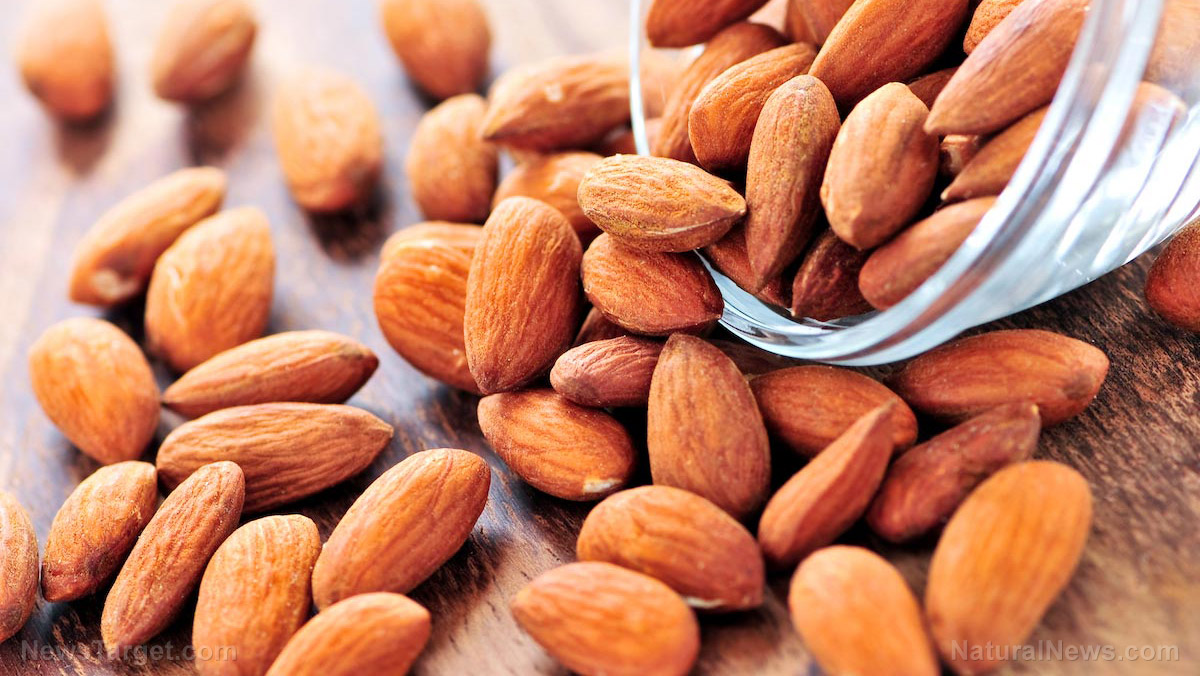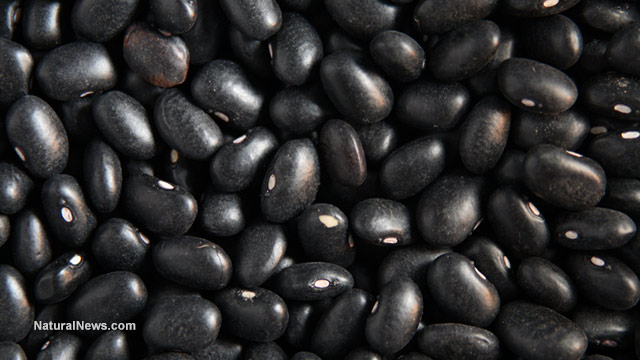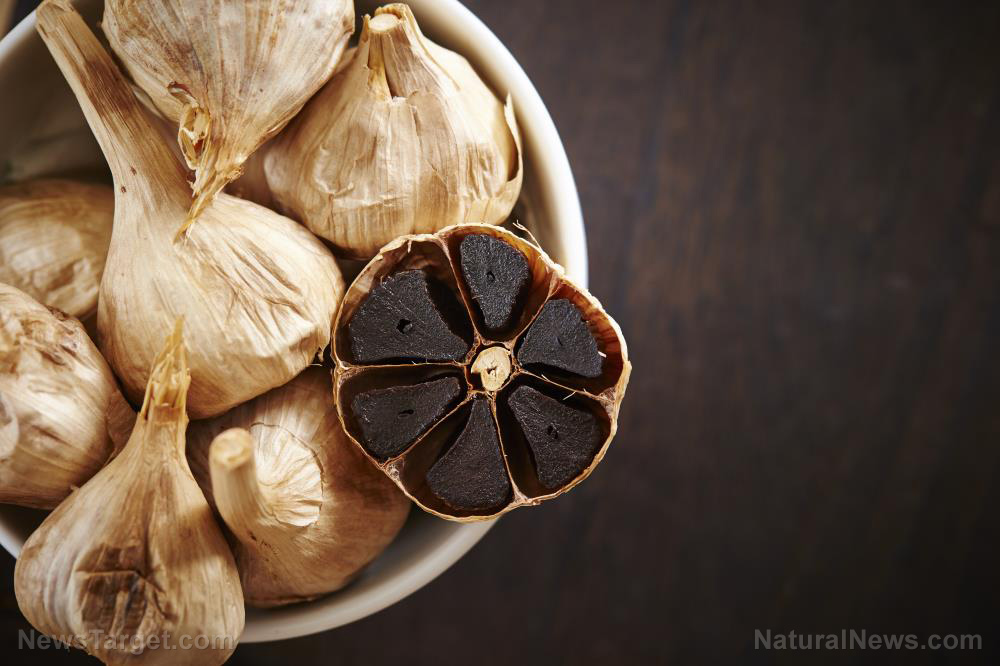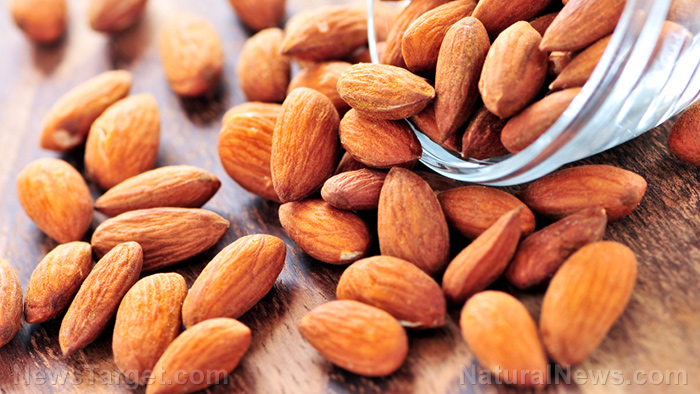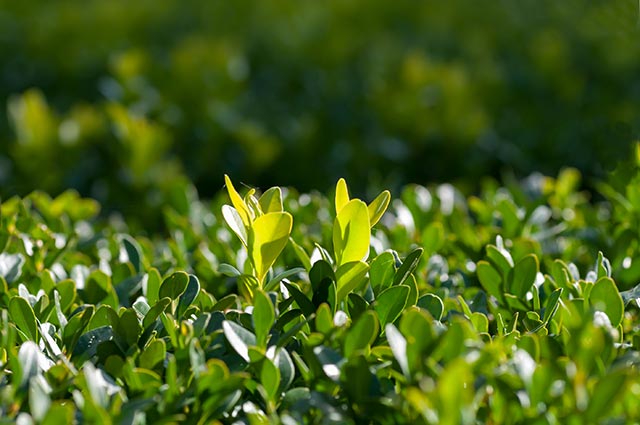The spikenard, a staple in traditional Chinese medicine, is an effective treatment for cardiovascular disease
10/16/2018 / By RJ Jhonson
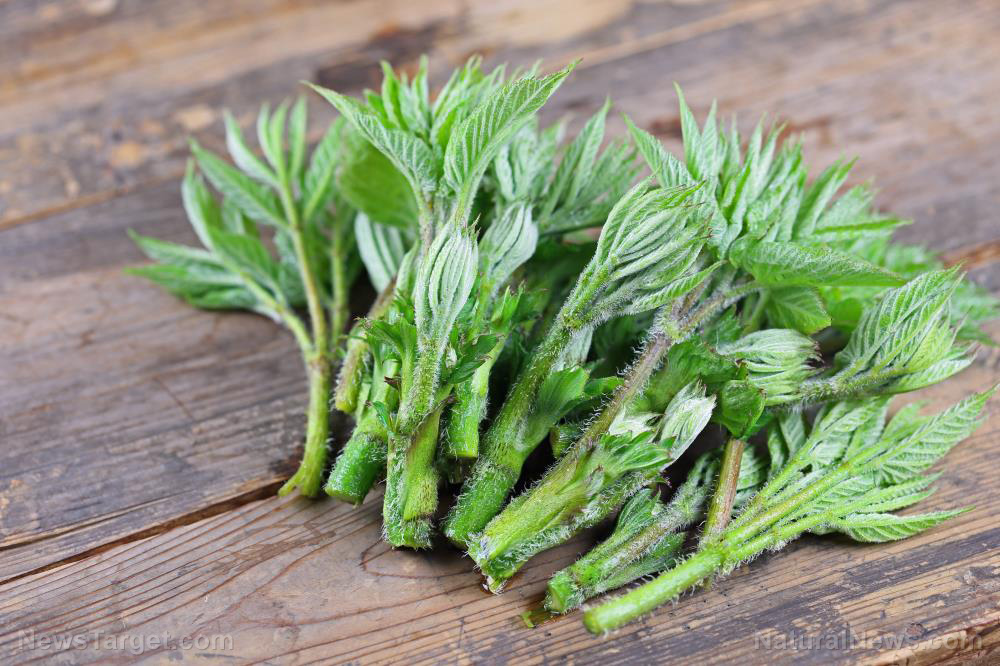
With cardiovascular disease (CVD) among the leading causes of death worldwide, a lot of time is spent on research to find possible ways to cure or prevent fatalities from the condition. A study published in BMC Complementary and Alternative Medicine offers proof that an herb traditionally used in traditional Chinese medicine could be a viable alternative treatment for heart disease.
CVD is largely preventable, but it remains the most common cause of premature death today. In 2012 alone, more than 17 million succumbed to the condition. Experts recommend proper diet and regular exercise to prevent or minimize the risks, but not everyone finds it easy to follow through.
Arrhythmia pertains to having an irregular heart rate or rhythm. Some people’s heartbeat could be too fast (tachycardia) or too slow (bradycardia). In some instances, the heart may skip a beat or two. There are a number of factors that can affect the rhythm of the heart (stress and bad habits are two of them), but heart defects and a heart attack are among the most common – and deadliest – reasons. Other symptoms of arrhythmia include lightheadedness, chest pain, and shortness of breath.
The authors of the study looked into spikenard (Nardostachys chinensis) as a possible treatment for arrhythmia and, consequently, heart disease. This particular herb has long been valued in traditional Chinese medicine for its ability to correct the flow of qi, the body’s life force, relieve pain, and treat a host of illnesses.
The researchers conducted a literature review using five databases: PubMed, The Cochrane Library, China National Knowledge Infrastructure (CNKI), the Wanfang Database, and the Chinese Scientific Journal Database (VIP).
Studies included in the review covered those on the cardiovascular system, as well as cell and animal studies that used NC or its active compounds. Those that used proprietary Chinese medicines and traditional Chinese medicine concoctions, even when they used NC as their main ingredient, were excluded from the research.
They were able to compile a total of 16 studies, five of which were animal experiments and 11 were cell experiments. Four of the studies discussed the ability of NC to protect the myocardium, the heart’s muscles, by helping prevent apoptosis and inflammation. NC was also shown to inhibit oxidative stress and its harmful effects.
The researchers found that 12 of the studies discussed how NC helped regulate ion channels to prevent arrhythmia.
They concluded that evidence from literature proved the cardioprotective and anti-arrhythmic effects of NC. They did, however, warn that the results left plenty of room for interpretation because of the limitations and deficiencies in the studies they reviewed.
The benefits of spikenard
Spikenard is used for a large variety of applications, especially as an essential oil. It offers a range of health benefits, including:
- Killing bacteria – Spikenard essential oil is applied to wounds to prevent infections and facilitate faster healing. Some even ingest it to address bacterial infections in the bladder, urethra, and the kidneys.
- Reducing inflammation – This herb’s essential oil has potent anti-inflammatory effects that are used for inflammation in the digestive and respiratory systems, among others.
- Improving sleep quality – It is a known sedative that helps relieve feelings of panic or anxiety. Its calming properties are effective against palpitations and can help address insomnia.
- Improving bowel movement – Spikenard essential oil may be ingested as a laxative to treat constipation. This way, it helps clean the digestive tract and promote healthy digestive function.
Learn more about the spikenard and other natural treatments at Herbs.news.
Sources include:
Tagged Under: alternative medicine, arrhythmia, Bradycardia, Chinese medicine, functional food, good food, heart disease, herbal medicine, Herbs, Nardostachys chinensis, natural cures, natural medicine, spikenard, tachycardia

